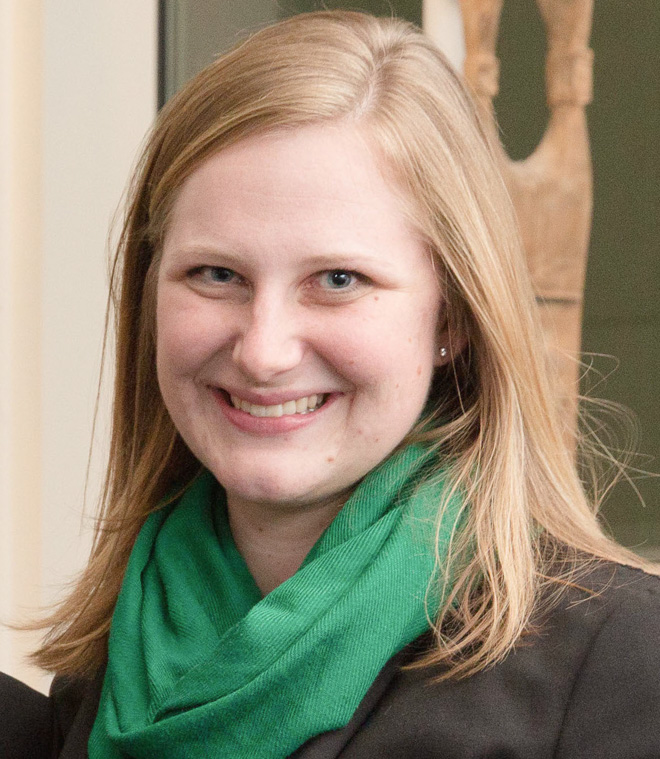New methods developed by Stanford professor of education Jo Boaler may revolutionize the learning process for students who have difficulty understanding math.
In her new paper “Fluency Without Fear: Research Evidence on the Best Ways to Learn Math Facts,” Boaler emphasizes the negative effects of rote memorization. She also promotes the development of mathematical intuition and encourages engagement in the learning process.
One of Boaler’s principal beliefs is that all students can succeed in math.
“The brain is so flexible and adaptable that with the right teacher and the right messages anyone can achieve,” Boaler said.
Boaler conducted large-scale studies in both the United Kingdom and California. The studies showed that students who actively participate in learning show significant increases in performance when compared to their peers. According to Boaler’s research, emphasizing speed in math classes is damaging to students.
In contrast, as an example of a constructive classroom experience, Boaler described a class she observed where students were asked to maximize the area enclosed by a fence. The students brainstormed in groups and then presented their ideas to the class. This process led the students to be truly excited about learning the answer when their teacher finally explained the proper mathematical technique.
This type of engaging experience stands in stark contrast to the way the same topic might be taught in a more traditional classroom.
Boaler has incorporated these techniques into an instructive website called YouCubed, as well as two highly successful Stanford online courses. Boaler also teaches an Introductory Seminar each year that includes these topics.
Michaela Hinks ’17, one of Boaler’s students, reported having learned a great deal from taking the seminar.
“Jo Boaler is a really great example of a Stanford professor who is both brilliant…but also feels very strongly that she has the power to make a difference and is using her position as a Stanford professor extremely well,” Hinks said.
Hinks recalled that the first assignment of the seminar was to write a math autobiography. For this assignment, she chose to describe her experience being bullied as a young math-loving tomboy. This led to further discussions between Boaler and Hinks revolving around Boaler’s research about math and gender.
“It was very transformative,” Hinks said.
Boaler has also worked closely with professor of psychology Carol Dweck, who emphasizes the importance of growing from the challenges one experiences and developing a “growth mindset.” Boaler also emphasized this topic in her seminar.
“Before, if I did something wrong or couldn’t do a problem that other people could do, I was very quick to internalize that into my own personal failure of my own ability, as opposed to just needing to work through it and persevere,” Hinks said.
Montserrat Cordero ’17, another student who took Boaler’s seminar, was forced to forego taking the math honors sequence when she arrived at Stanford because of a misalignment between Stanford’s requirements and the classes offered in Cordero’s home, Costa Rica. The perspective taught by Boaler helped Cordero to deal with the situation.
“Taking the class really opened my eyes…just because [other students] took this class that I didn’t have the chance to take doesn’t mean that they’re somehow superior math learners,” Cordero said. “I can make an effort and be as good as any of them.”
Penguin is releasing a new 2015 edition of Boaler’s book “What’s Math Got To Do With It?,” and Boaler will be holding a summer camp during the upcoming summer to spread her ideas to students.
Contact Skylar Cohen at skylarc ‘at’ stanford.edu.
